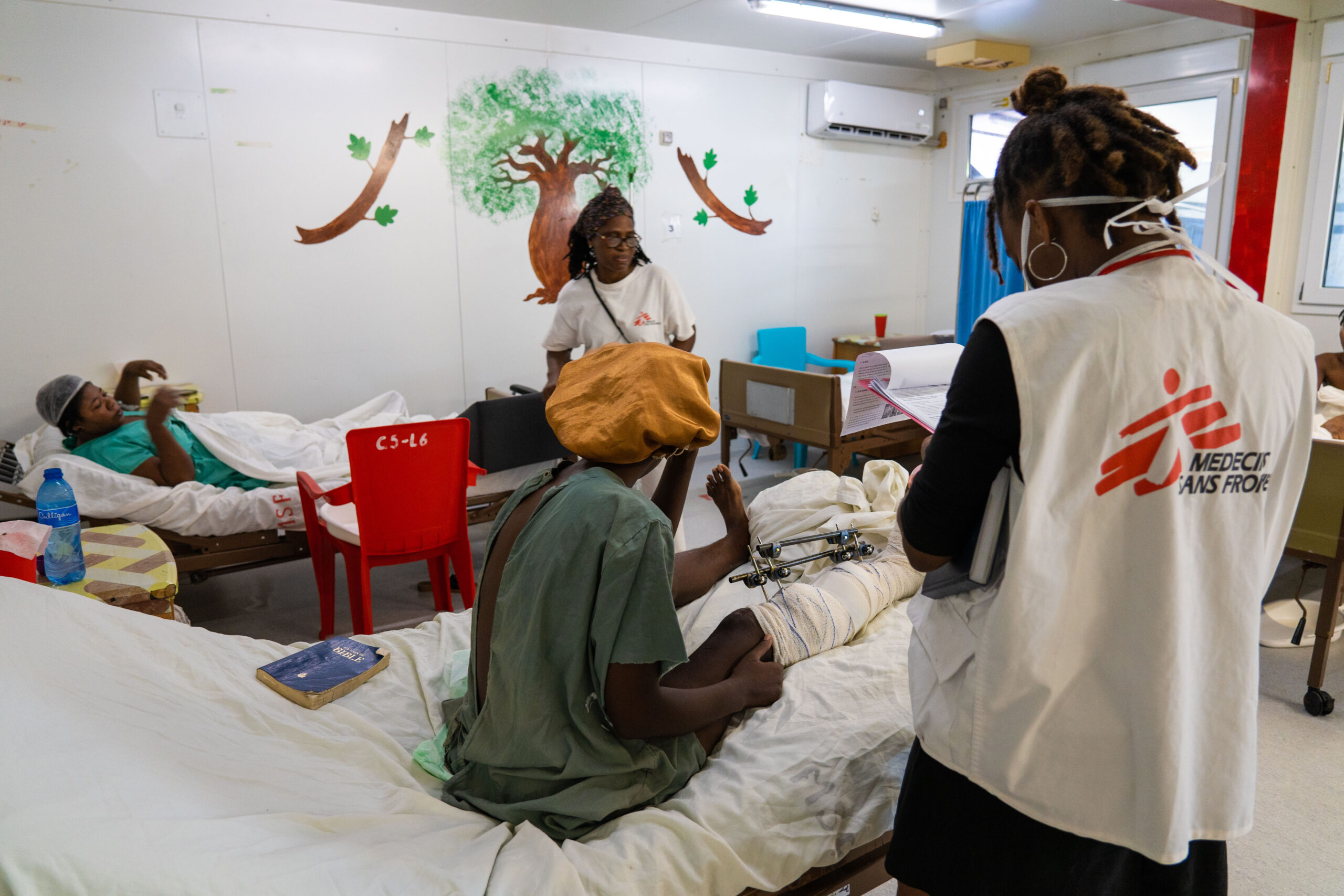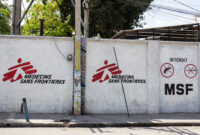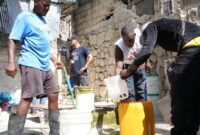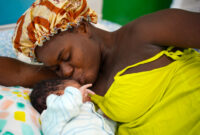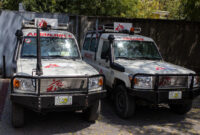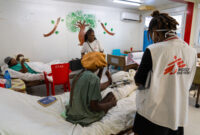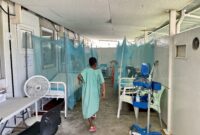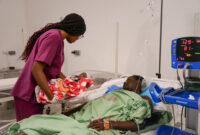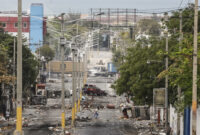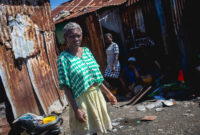Haiti: Health system and civilians trapped in escalating violence
MSF reports an increase in civilian casualties arriving at our medical facilities.
As Haiti’s capital sinks deeper into a crisis marked by violent clashes between armed groups and police forces, Doctors Without Borders/Médecins Sans Frontières (MSF) reports a rise in the number of civilian casualties arriving at our facilities. Our teams are witnessing the impact of this violence on the availability of healthcare in the capital.
Nearly two in five Haitians are in critical need of medical care due to widespread insecurity and violence. At the same time, 60 to 80 per cent of Port-au-Prince’s health facilities are closed or non-functional for the same reasons.
Between January and June 2025, MSF teams assisted 2,600 survivors of sexual violence, admitted 13,300 patients to emergency rooms and treated 2,267 survivors of violence. Among these, 26 per cent were minors, compared to 11 per cent in 2024. Most minors were under the age of 15 and one third were girls. Thirty per cent of all minors admitted for violence-related injuries suffered gunshot wounds.
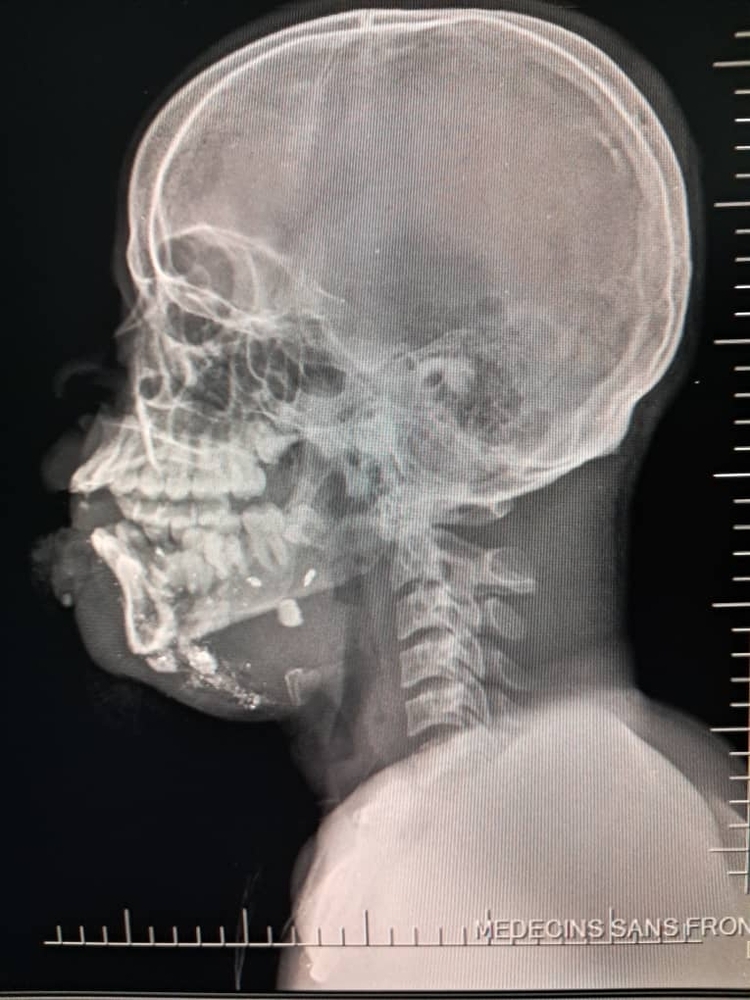
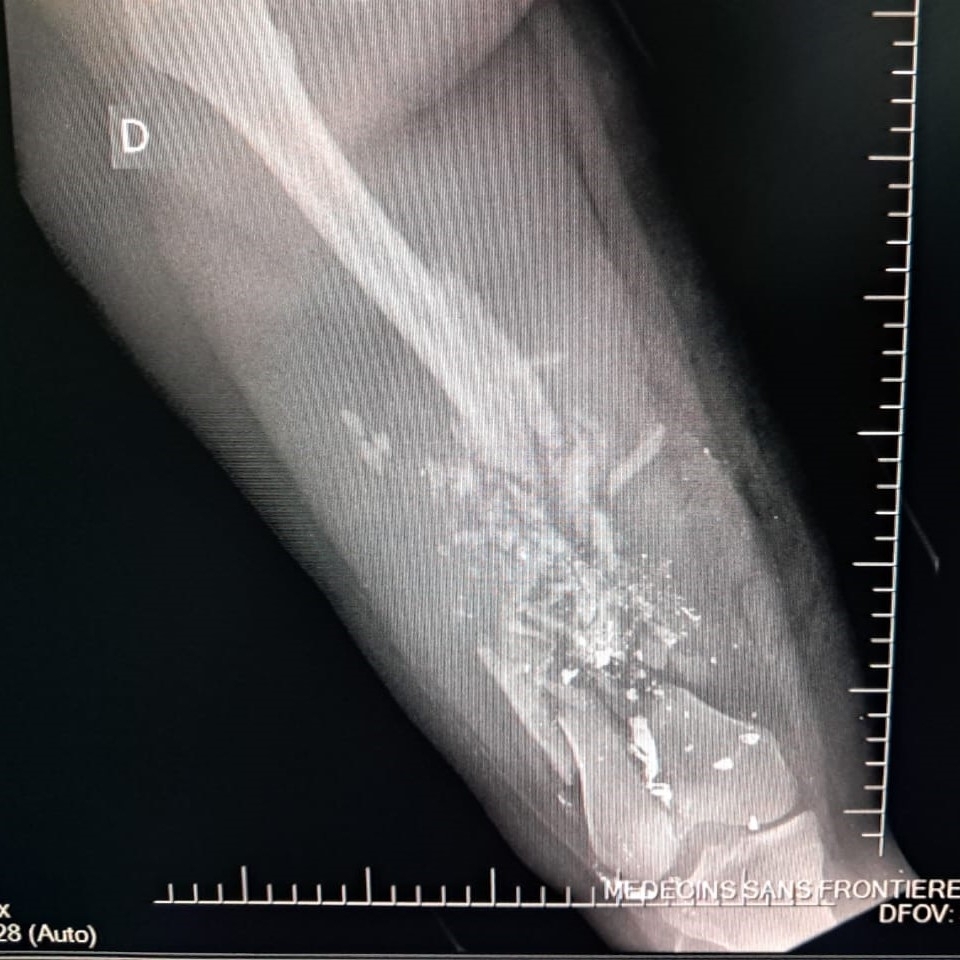
“These figures reflect the alarming deterioration of the situation in Haiti, where civilians, including women and children, are increasingly exposed to danger every day,” says Mumuza Muhindo Musubaho, MSF country director in Haiti. “Civilians must be spared by the parties to this conflict.”
On Sept. 20, 17 wounded people were treated at the MSF hospital in Drouillard following a drone attack carried out the same day in the Cité Soleil neighbourhood. Among them were two men who were dead on arrival, another man who died while being transferred, 10 women — one of whom died on the way to MSF’s trauma hospital in Tabarre — and three children who tragically did not survive their injuries. Two more women injured in this attack died at the nearby Isaïe Jeanty maternity hospital, where MSF is also working.
“This devastating context fuels a profound sense of abandonment among Haitians. And, it must be said, the severe decline in healthcare availability — a crisis within the crisis — also leaves the few remaining humanitarian and medical actors with the impression of being overwhelmed by ever-growing needs.”
Mumuza Muhindo Musubaho, MSF country director in Haiti
This violence is occurring in the context of a territorial conflict with the people directly on the frontlines, trapped between the threat of explosive drones and the brutal violence of armed groups. These groups loot and burn homes, destroy neighbourhoods, terrorize communities and increasingly use sexual violence as a weapon of control, punishment and extortion.
About 18 per cent of patients followed through MSF’s primary healthcare project in neighbourhoods controlled by armed groups report that they avoid using public transportation to reach medical facilities outside these areas. They fear they might be targeted.
The restricted movement of residents, combined with the widespread closure of hospitals since 2024 due to armed attacks, looting, the exodus of medical staff and difficulties in supplying medicines, has drastically reduced and centralized the availability of healthcare. As a result, many are left without access to vital services.
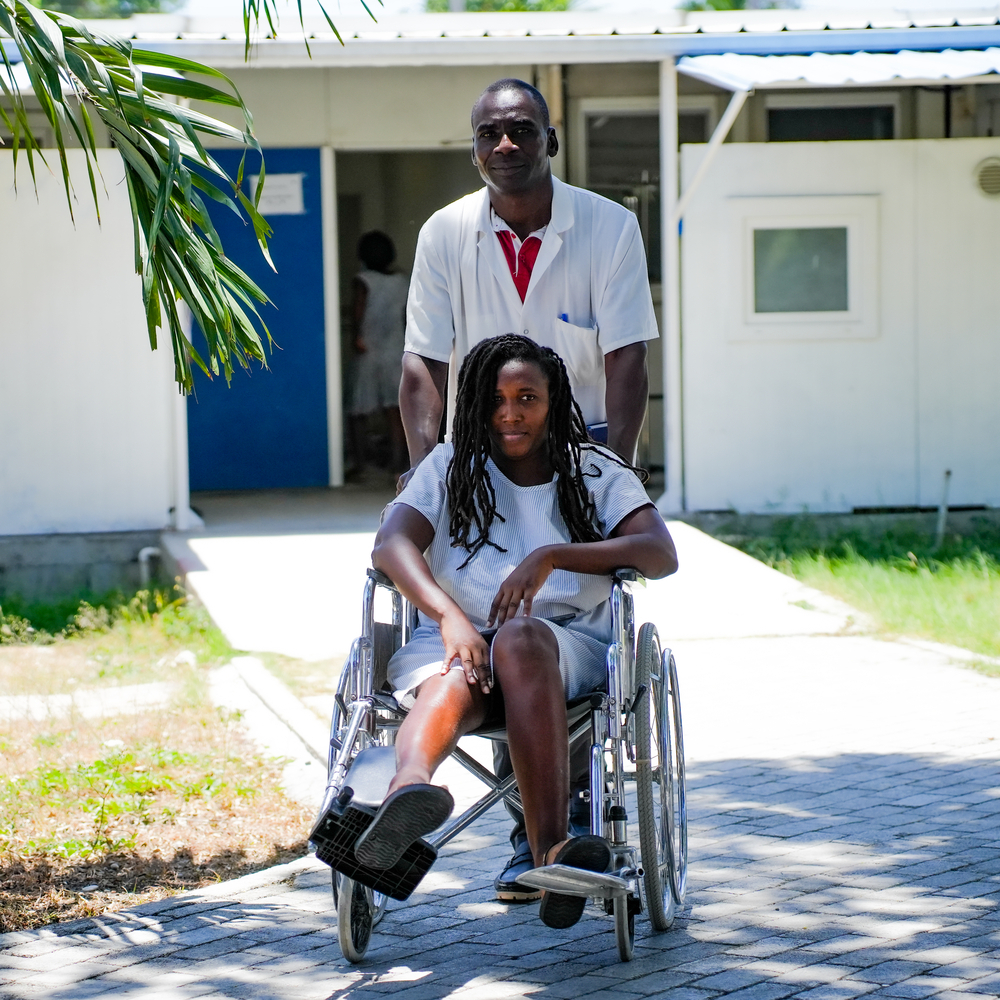
This situation also places extreme pressure on the facilities that remain operational, notably MSF’s trauma hospital in Tabarre, which has increased its bed capacity by 50 per cent, with 26 per cent of trauma cases linked to violence. Only one major public hospital is still functioning in the capital, Hôpital universitaire de la Paix, and it is regularly overwhelmed.
“This devastating context fuels a profound sense of abandonment among Haitians,” says Musubaho. “And, it must be said, the severe decline in healthcare availability — a crisis within the crisis—also leaves the few remaining humanitarian and medical actors with the impression of being overwhelmed by ever-growing needs.”
MSF remains fully committed to supporting people in Haiti community and works closely with the Ministry of Public Health and Population. It is imperative that civilians, healthcare workers and medical facilities be protected.
